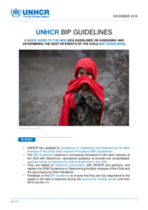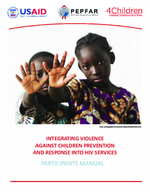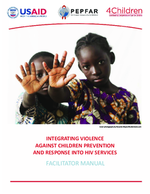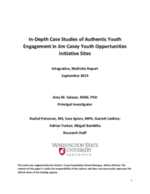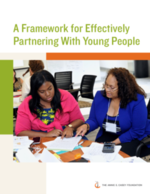Case Managers’ perspectives on how to achieve timely reunification
This qualitative research asked case managers in the Western Australia's child protection system what contributed to timely reunification of children with their families, a recent policy goal.

